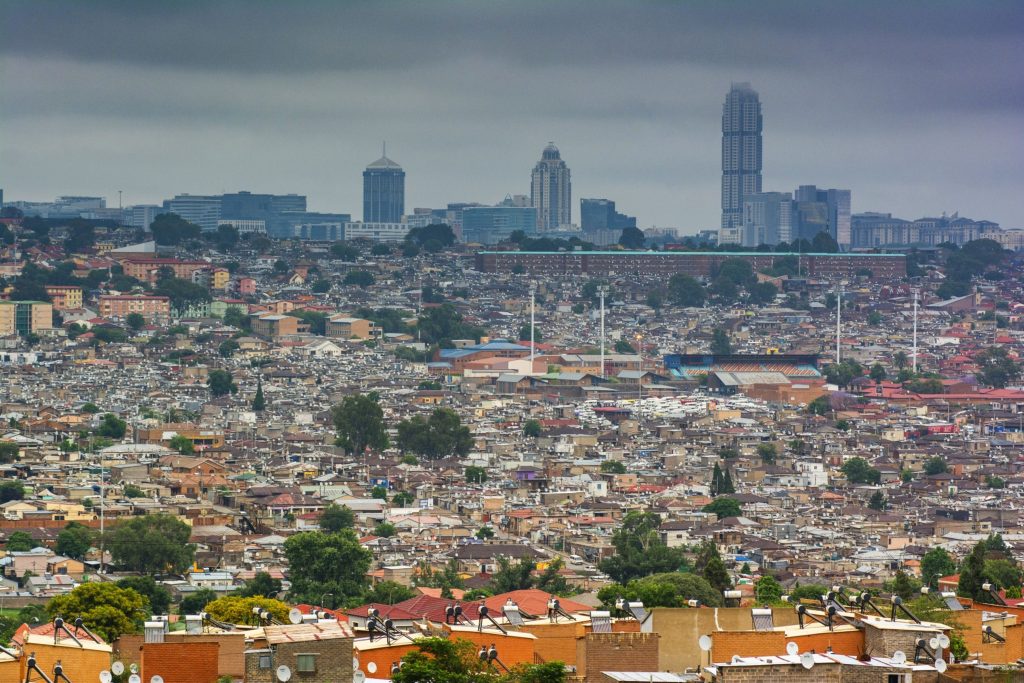Daily, the country moves towards an unknowable future defined by despair and frustrations resulting from the exigencies of poisonous political careerism.
The incompetence, greed, corruption and tendency to turn politics into a lifelong career has seen government work reduced to politicking.
The country has changed enormously since the advent of the pandemic, presenting the average South African with uncertainty. There has been a significant increase in debt, joblessness, poverty and food costs.
The pandemic and its impact on the global economy has also revealed South Africa’s vulnerability to external shocks – and government’s continuation of policy experimentation.
The Economic Reconstruction and Recovery Plan (ERRP) presented to parliament in October 2020, for example, engages in policy experimentation as a way out of the crisis:
- Firstly, from the self-inflicted suffering caused by socialist-leaning redistribution policies that have had devastating consequences on economic growth;
- Secondly, through a sequence of trying out different policies across time (since democracy) and hoping that this trial-and-error process will miraculously result in the right policy; and
- Thirdly, in responding to external forces like the pandemic, stimulus and fiscal aid were availed to bootstrap the economy, save jobs and even create new ones.
However, we know that thus far there has been a modest impact on shielding businesses and jobs from the pandemic.
Furthermore, the ERRP has not translated into the sizeable creation of new jobs and overall improvement in the national economy.
Here we go again …
An outcome of policy experimentation in South Africa is evident in the range of national policies we have seen since 1994.
These include the RDP (Reconstruction and Development Programme), Gear (Growth, Employment and Redistribution: A Macroeconomic Strategy for South Africa), AsgiSA (Accelerated and Shared Growth Initiative for South Africa), the NGP (New Growth Path), and the NDP (National Development Plan).
Unfortunately, with each iteration, these policies are less and less convincing.
Consider the extent to which the effects of these policies have manifested across various industries.
The mining industry is a practical example; for each policy experimentation, legislation and regulation of mining were often subjected to different iterations of the Mining Charter, depending on the administration in charge. Each change in the latter can be linked to an ANC post-elective conference policy in redistribution, land, and ownership.
Beyond that, with each policy change and experimentation, political friction, dissonance and disconnect often prevents buy-in from the private sector and thus the policy fails to be implemented.
Furthermore, it is now apparent that a policy can be used for political expediency, as seen in the radical economic transformation clique in the previous administration.
Failed focus
Before the Zuma years, during Mbeki’s reign, the shift of economic growth away from one that improves lives towards a narrower instrument definition preoccupied with markets failed South Africa.
We know that despite the years of positive growth, not enough jobs were created; also, doing well economically from a GDP perspective does not translate to a better life for many.
It was during these years we came to understand that being bound to liberal economy practices through interdependence among key actors like states and corporations can equally have damaging unemployment consequences.
Even in the bright days of the Mbeki years, when growth was plenty, the issue was high unemployment. Signs began to emerge, seismic shifts that made it clear that despite seemingly significant policies and a positive economic trajectory, inequality reduction remained, and development stalled.
Today that economic development is still missing.
Then came Covid-19 …
According to the Business and Human Rights Resource Centre approximately three million South Africans lost their jobs due to the pandemic and subsequent lockdown. Here are the effects of another experimentation – tailoring lockdown to local conditions without rationalising the effects on the labour force.
What followed has been a vicious cycle of job losses that is more prominent among vulnerable workers who are less-skilled and low-wage earners.
In addition, informal sector workers are, to date, as was the case during the lockdown, disproportionally more affected. The same goes for poor households, women and children in poor communities.
What antidote is there for a government so determined to change and experiment with policies?
We are now in the new dawn of the National Development Plan, which features the ERRP in the short term. Should the latter not work or fail, what will our leaders do? Discard it to the dustbin of history and return to the NDP? Or will there be a second, third and fourth iteration of it?
Bad politics
In the last decade we have witnessed the interplay between policy uncertainty, political decisions and immediate consequences and long-term implications on economic performance.
Currently, the country is plunged into darkness with long hours of productivity loss because leaders advanced their interests while overlooking abundant evidence of the decline of Eskom.
Worse still, the career politicians leading the country are unconcerned with the consequences of the escalating load shedding crisis.
South Africans need to get serious about holding leaders to account and demanding action now.
Not only has bad politics, policy decisions, and policy experimentation been fraught with uncertainty, it has also been catastrophic. Look at Eskom. We are reaping the fruits of policy uncertainty, poor decisions, lack of implementation, and experimentation that has resulted in poor economic performance.
In turn, the structural challenges endure, the severity of the energy crisis is more pronounced and the ensuing recovery remains weak.
South Africa’s gloominess before the pandemic was visible; now, it is elevated.
Politics and political processes are at the heart of the darkness that has befallen the country.

